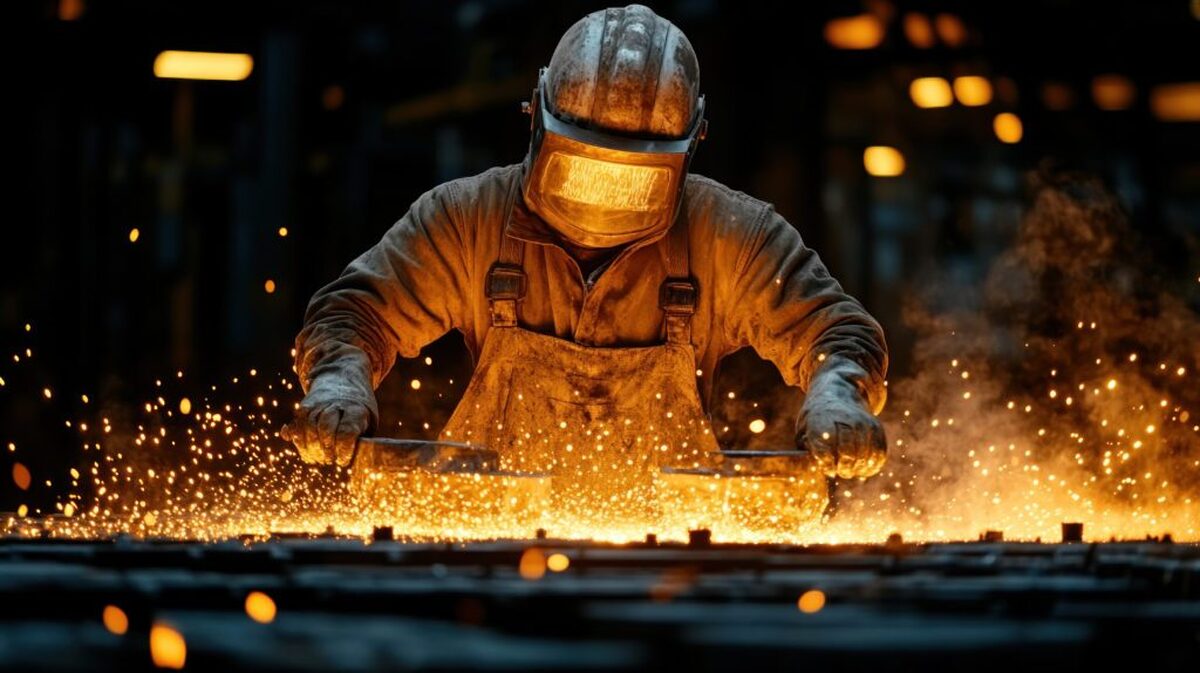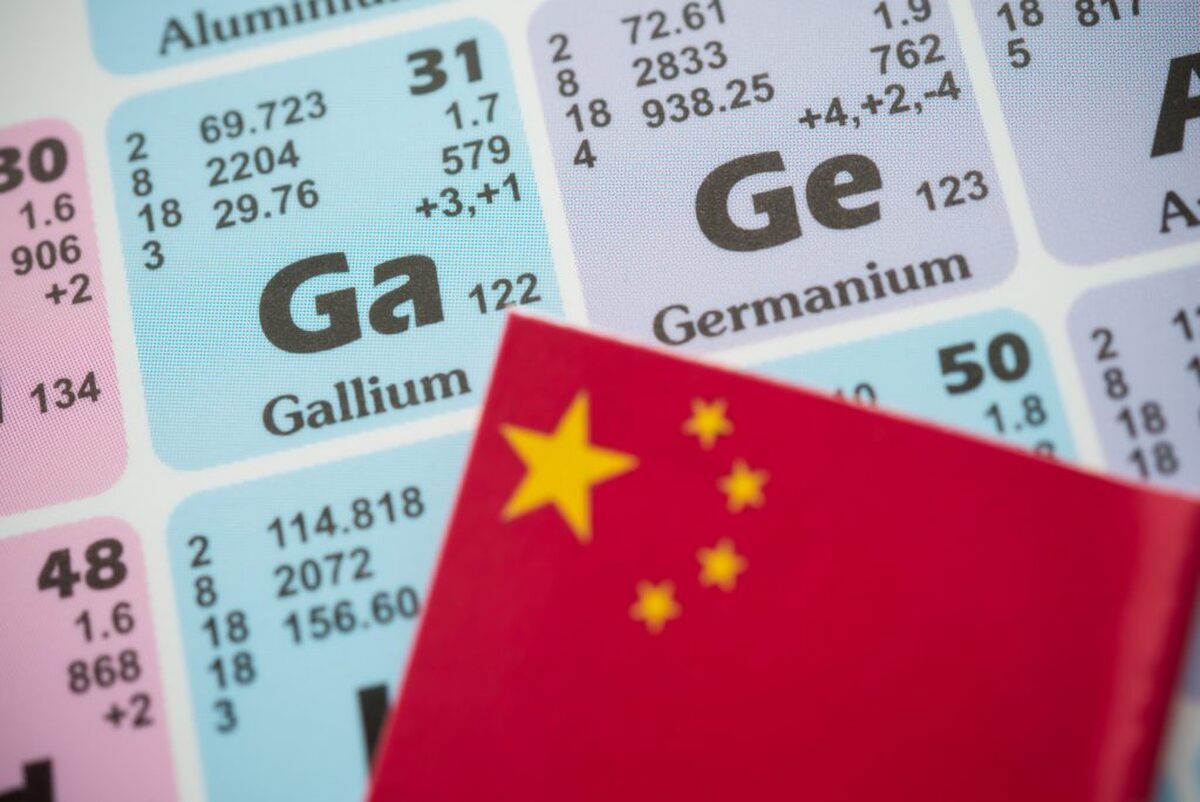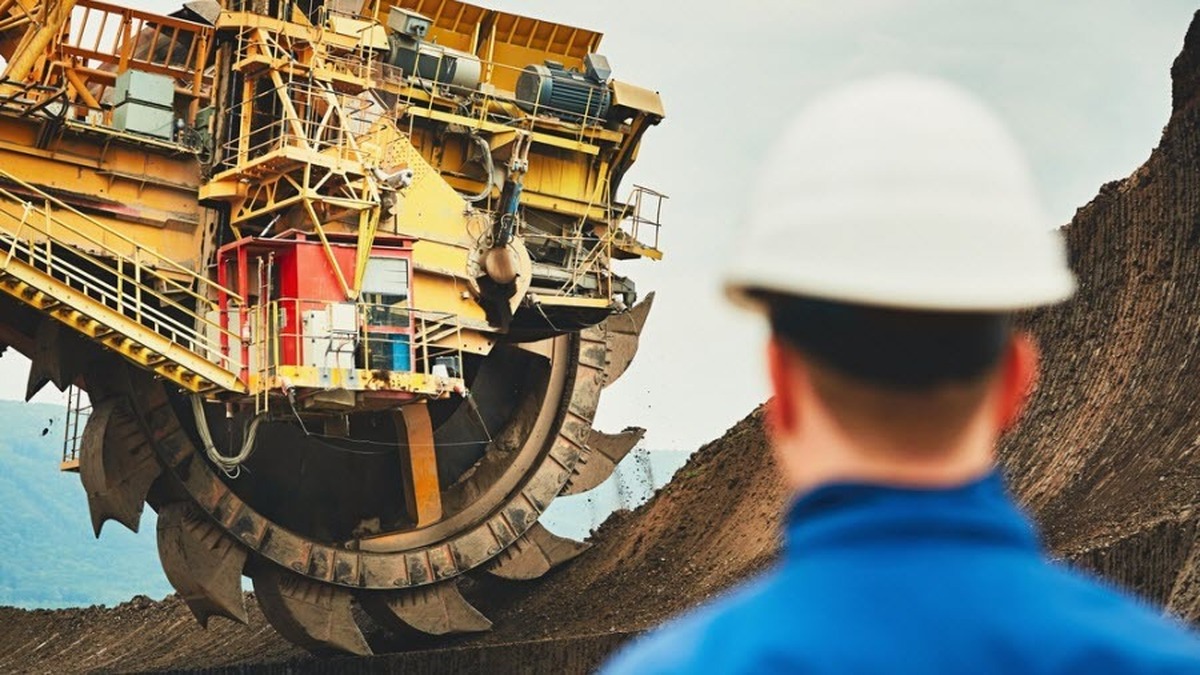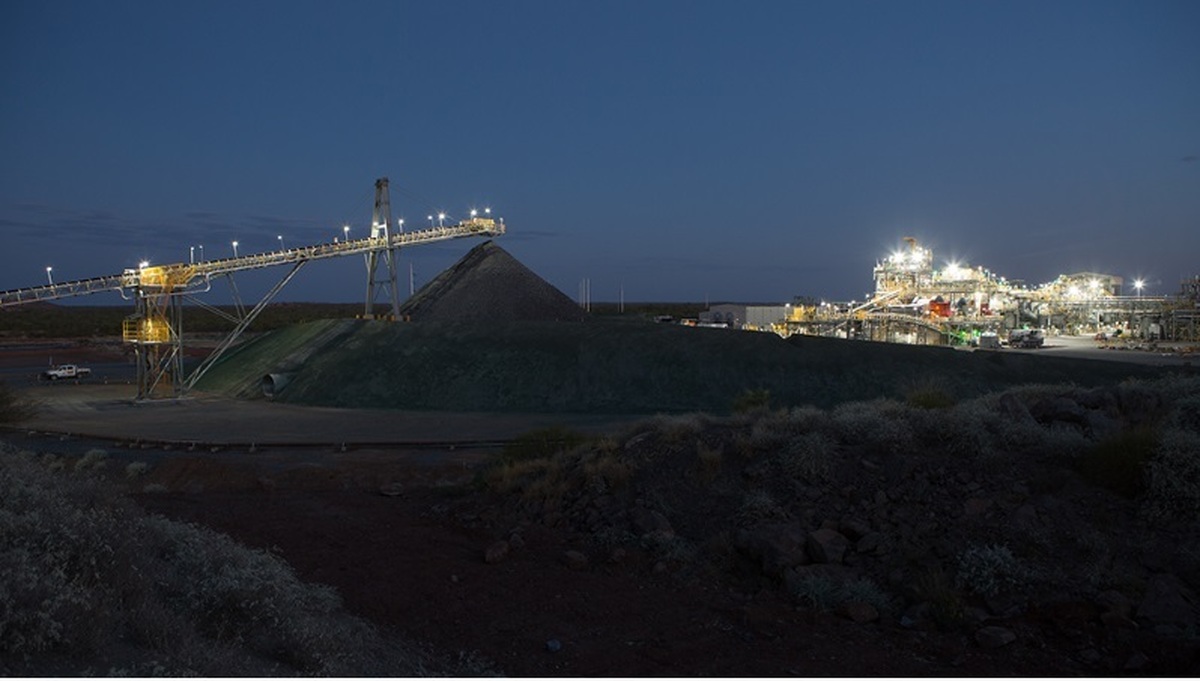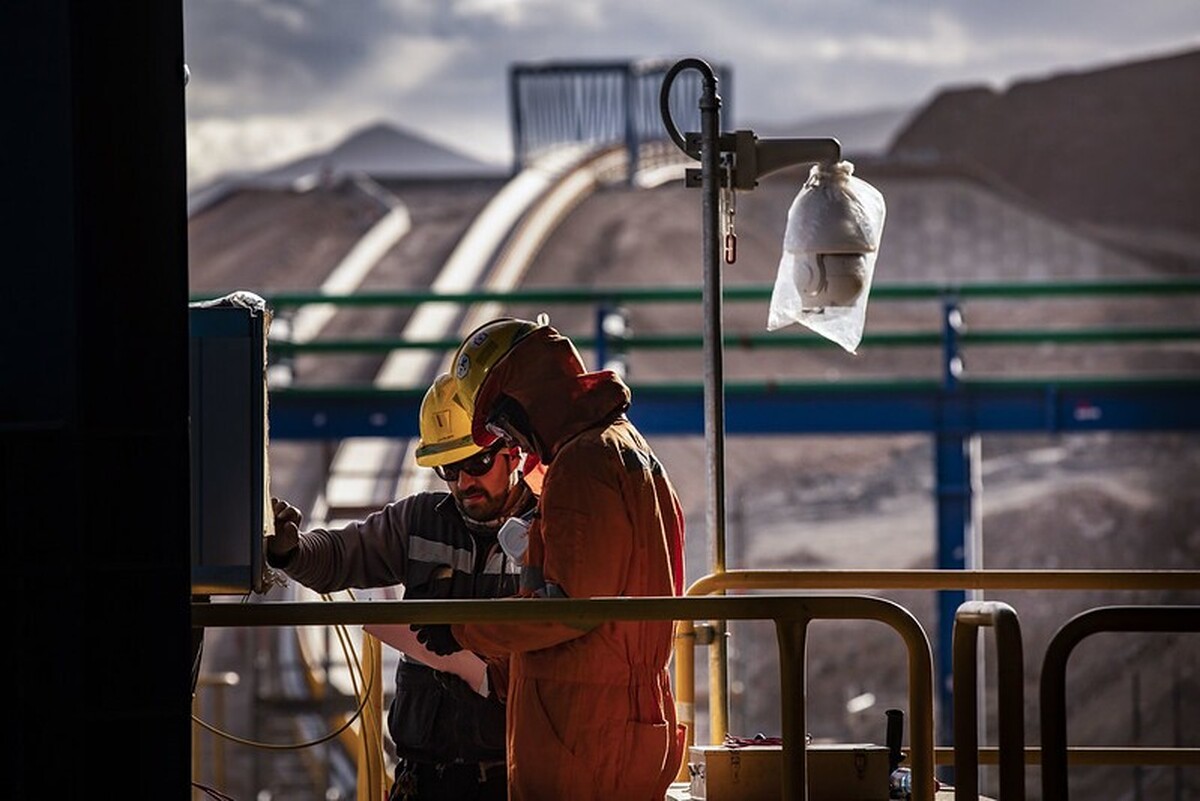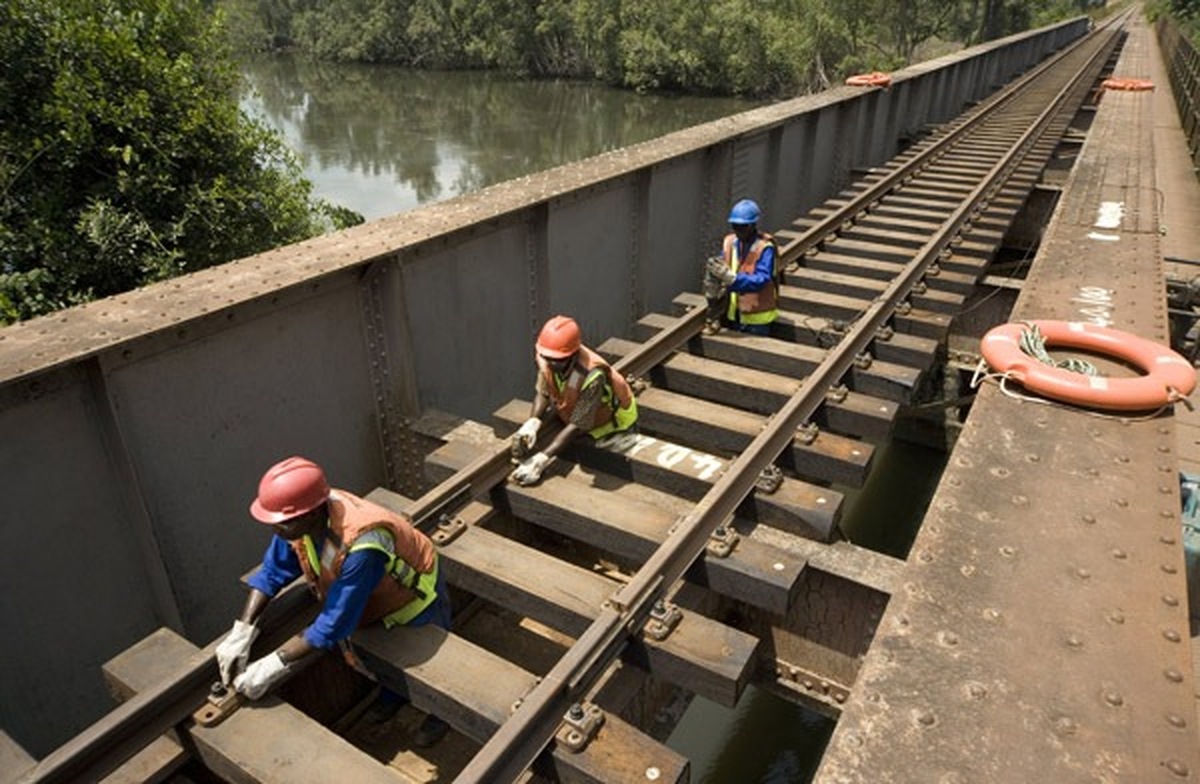
Why pause in US anti-corruption enforcement will hurt mining firms, not help them
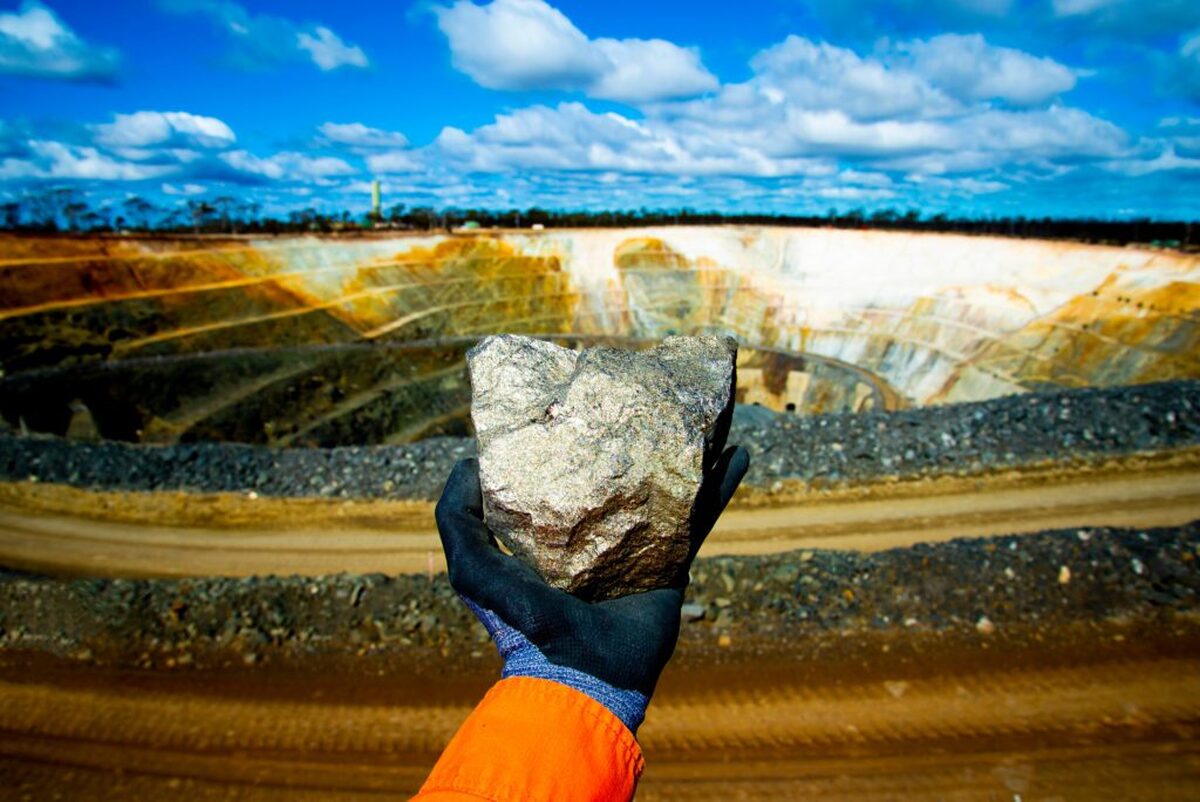
According to me-metals cited from mining.com, That is why the White House’s recent decision, to pause enforcement of the Foreign Corrupt Practices Act (FCPA) is so concerning. The act bans the bribing of foreign officials to obtain or retain business and applies to companies and individuals worldwide, not just in the U.S.
Its jurisdiction extends to firms whose only link to the United States is a bank account; companies headquartered in Europe and Asia have paid six of the top 10 biggest-ever penalties in FCPA cases. It is legislation that has actively deterred corruption on a global scale, supporting big-ticket prosecutions in countries as diverse as Switzerland, Nigeria and Brazil. Petrobras, for example, the Brazilian state-run oil company, agreed to pay a combined total of $853.2 million in penalties in 2018.
The stated goal of helping American companies “gain strategic business advantage … in critical minerals” by pausing FCPA actions could instead add major costs for mining companies.
Alongside the ethical practices that are supported by internal controls, the FCPA is another reason mining companies can point to for refusing demands to pay bribes.
Now that this tool has been weakened, mining firms could become easier targets for bribery demands – perhaps even more so than firms from other countries, where anti-bribery laws still act as a deterrent.
Consistent application of strong anti-corruption practices is an important guard against irresponsible behaviour in the increasingly fierce competition for resources in low- and middle-income countries.
Levelling the playing field to the lowest standard of practice isn’t an efficiency hack. Decades of research on bribery show it does not help governments or companies dominate markets or win more deals. Instead, it’s a destabilising force that drives up costs, slows down production, delays projects and wreaks havoc with employee and community relations.
Recent analysis of mining sector trends, by the Natural Resource Governance Institute (NRGI) indicates that in case after case, the fruits of foreign bribery have been chaos, surprise costs and delays due to lawsuits and arbitrations, political infighting, community protests and worker strikes. These battles have kept mines closed for years, even decades. Elsewhere, when unqualified companies won mining rights through political corruption, the hard work of extraction simply never started.
Any initial “advantage” from corruption can also backfire over time. Mining firms that resort to bribes can be sent packing when controversy erupts or the host government changes hands. A high-profile case in West Africa saw a company stripped of its mining rights after a new government uncovered evidence of bribery, triggering years of legal disputes and leaving one of the world’s richest untapped deposits in limbo.
The implication is clear: in the race for critical minerals, and the clean energy future they support, bribery is not a guaranteed foot on the accelerator. Often, it’s the brakes.
But the true cost of corruption isn’t counted in dollars or deals; it’s the impact on people and the planet. Bad actors have used corruption to pave the way for polluted water supplies in Guinea and Spain, deforestation in Indonesia, illegal logging in the Amazon, the destruction of coral reefs in the Solomons and child labour in Zimbabwe.
To pretend that this is the necessary cost of doing business is wrong. These tragedies cannot be dismissed – and responsible mining companies do not treat them as collateral damage in pursuit of corporate advantage.
Trust, built through transparency and accountability, is what will give mining companies the foundation to operate responsibly, engage fairly with host governments and earn social license from local communities.
Members of the International Council on Mining and Metals (ICMM) – an association of the world’s leading mining companies – understand this. That’s why they are committed to stringent governance, anti-corruption and transparency standards. Not just because it is the right thing to do, but because it makes business sense, too. That must endure far beyond political or economic cycles.
source: mining.com


Trump weighs using $2 billion in CHIPS Act funding for critical minerals

Codelco cuts 2025 copper forecast after El Teniente mine collapse

Electra converts debt, launches $30M raise to jumpstart stalled cobalt refinery

Barrick’s Reko Diq in line for $410M ADB backing

Abcourt readies Sleeping Giant mill to pour first gold since 2014

Nevada army depot to serve as base for first US strategic minerals stockpile

SQM boosts lithium supply plans as prices flick higher

Viridis unveils 200Mt initial reserve for Brazil rare earth project

Tailings could meet much of US critical mineral demand – study

Kyrgyzstan kicks off underground gold mining at Kumtor

Kyrgyzstan kicks off underground gold mining at Kumtor

KoBold Metals granted lithium exploration rights in Congo

Freeport Indonesia to wrap up Gresik plant repairs by early September

Energy Fuels soars on Vulcan Elements partnership

Northern Dynasty sticks to proposal in battle to lift Pebble mine veto

Giustra-backed mining firm teams up with informal miners in Colombia

Critical Metals signs agreement to supply rare earth to US government-funded facility

China extends rare earth controls to imported material

Galan Lithium proceeds with $13M financing for Argentina project

Kyrgyzstan kicks off underground gold mining at Kumtor

Freeport Indonesia to wrap up Gresik plant repairs by early September

Energy Fuels soars on Vulcan Elements partnership

Northern Dynasty sticks to proposal in battle to lift Pebble mine veto

Giustra-backed mining firm teams up with informal miners in Colombia

Critical Metals signs agreement to supply rare earth to US government-funded facility

China extends rare earth controls to imported material

Galan Lithium proceeds with $13M financing for Argentina project

Silver price touches $39 as market weighs rate cut outlook

